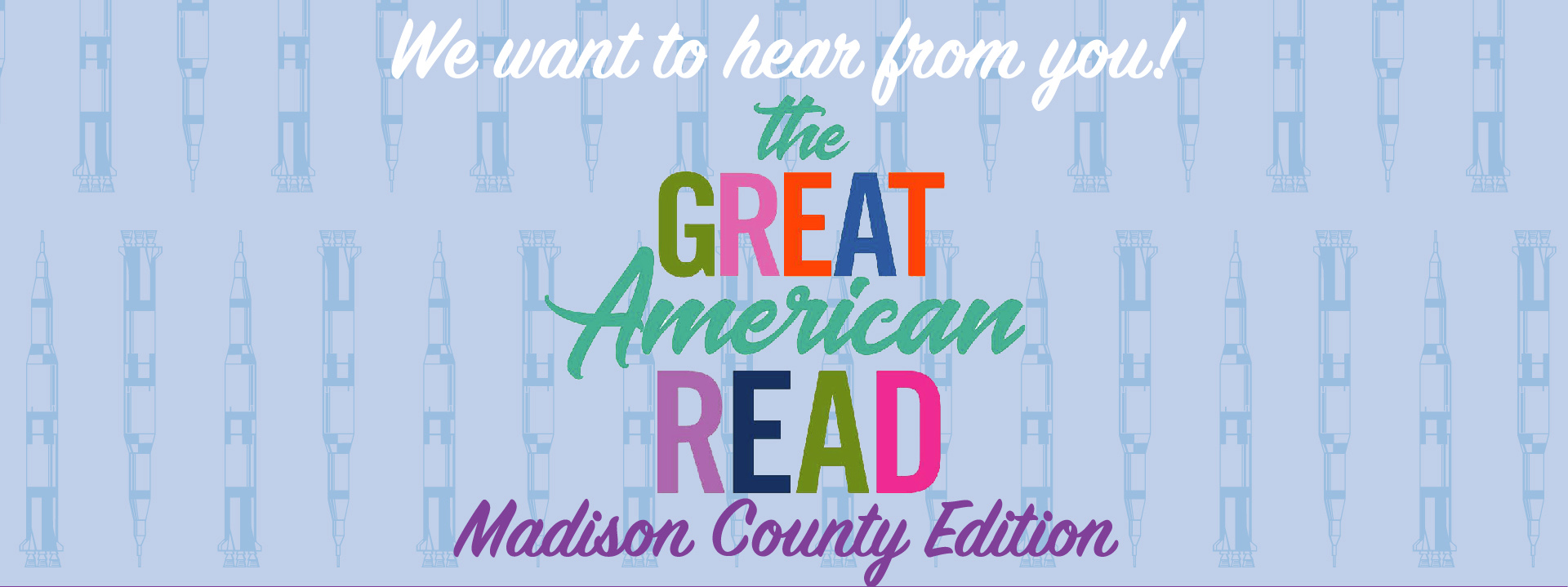What actually is research?
One of the many pitfalls in knowledge as result of the Internet is the watering down of the term “research”.
You can look at the comments of any Facebook post regarding COVID-19, protestors, vaccines, sunscreen, and it’s littered with calls to “do your own research!”
Research has a very specific meaning, and that does not mean “here’s information that backs up what I already believe”.


